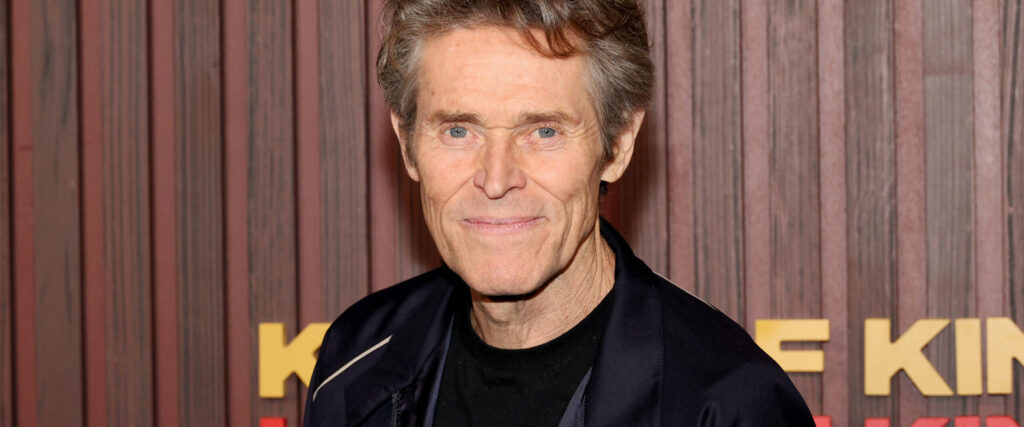Reimagining Hollywood: The Rise of Climate Conscious Storytelling
In the heart of Hollywood, a transformative dialogue is unfolding about how entertainment can engage meaningfully with environmental challenges while retaining its captivating allure. Central to this discourse is the Hollywood Climate Summit, an annual nonprofit event that converges creators from film, TV, music, fashion, gaming, sports, and social media to explore the integration of sustainability into storytelling.
Over recent years, insights from the summit have crystallized into fundamental principles for effective climate storytelling:
Expanding Narrative Horizons: Climate narratives must transcend mere doom-and-gloom scenarios. They should inspire audiences with visions of sustainable futures and illuminate the intricate connections between daily actions and broader environmental impacts.
Balancing Entertainment and Message: Effective climate storytelling seamlessly blends entertainment value with substantive messaging. It avoids didacticism, ensuring that narratives are compelling and educational in equal measure. By embedding climate themes into engaging storylines, storytellers enhance their ability to capture audience attention while delivering important environmental messages.
Aspirational Storytelling: Beyond highlighting the challenges posed by climate change, impactful stories empower audiences with actionable solutions. Characters who embody sustainability principles can serve as catalysts for real-world change, motivating viewers to envision and pursue climate-positive lifestyles.
Embracing Complexity: Humanizing characters and exploring community-centered narratives foster empathy and bridge ideological divides. By portraying diverse perspectives on environmental issues, storytellers encourage audiences to reflect on their roles in mitigating climate change and fostering collective responsibility.
Intersectionality: Recognizing the intersection of climate change with social justice, economics, and power dynamics is essential. Climate narratives should critique systemic inequities exacerbated by environmental degradation and advocate for inclusive solutions that prioritize marginalized communities.
Systemic Critique: Effective climate storytelling challenges entrenched systems that perpetuate environmental harm. By depicting the consequences of unsustainable practices and advocating for systemic change, storytellers inspire audiences to reconsider prevailing norms and advocate for policies promoting environmental stewardship.
Embracing climate storytelling as a core value can reshape cultural narratives within Hollywood and beyond. Similar to diversity and inclusion initiatives that have reshaped the industry, climate-conscious storytelling has the potential to galvanize societal attitudes and behaviors towards a sustainable future. Through innovative storytelling techniques and collaborative efforts across disciplines, the entertainment industry can drive meaningful change in global climate discourse, fostering a collective commitment to environmental stewardship.
As Hollywood reimagines its role in addressing pressing global issues, climate-conscious storytelling emerges not only as a creative imperative but also as a powerful tool for inspiring action and fostering a collective vision of a sustainable future.
SOURCE The Hollywood Reporter
Share:
In the heart of Hollywood, a transformative dialogue is unfolding about how entertainment can engage meaningfully with environmental challenges while retaining its captivating allure. Central to this discourse is the Hollywood Climate Summit, an annual nonprofit event that converges creators from film, TV, music, fashion, gaming, sports, and social media to explore the integration of sustainability into storytelling.
Over recent years, insights from the summit have crystallized into fundamental principles for effective climate storytelling:
Expanding Narrative Horizons: Climate narratives must transcend mere doom-and-gloom scenarios. They should inspire audiences with visions of sustainable futures and illuminate the intricate connections between daily actions and broader environmental impacts.
Balancing Entertainment and Message: Effective climate storytelling seamlessly blends entertainment value with substantive messaging. It avoids didacticism, ensuring that narratives are compelling and educational in equal measure. By embedding climate themes into engaging storylines, storytellers enhance their ability to capture audience attention while delivering important environmental messages.
Aspirational Storytelling: Beyond highlighting the challenges posed by climate change, impactful stories empower audiences with actionable solutions. Characters who embody sustainability principles can serve as catalysts for real-world change, motivating viewers to envision and pursue climate-positive lifestyles.
Embracing Complexity: Humanizing characters and exploring community-centered narratives foster empathy and bridge ideological divides. By portraying diverse perspectives on environmental issues, storytellers encourage audiences to reflect on their roles in mitigating climate change and fostering collective responsibility.
Intersectionality: Recognizing the intersection of climate change with social justice, economics, and power dynamics is essential. Climate narratives should critique systemic inequities exacerbated by environmental degradation and advocate for inclusive solutions that prioritize marginalized communities.
Systemic Critique: Effective climate storytelling challenges entrenched systems that perpetuate environmental harm. By depicting the consequences of unsustainable practices and advocating for systemic change, storytellers inspire audiences to reconsider prevailing norms and advocate for policies promoting environmental stewardship.
Embracing climate storytelling as a core value can reshape cultural narratives within Hollywood and beyond. Similar to diversity and inclusion initiatives that have reshaped the industry, climate-conscious storytelling has the potential to galvanize societal attitudes and behaviors towards a sustainable future. Through innovative storytelling techniques and collaborative efforts across disciplines, the entertainment industry can drive meaningful change in global climate discourse, fostering a collective commitment to environmental stewardship.
As Hollywood reimagines its role in addressing pressing global issues, climate-conscious storytelling emerges not only as a creative imperative but also as a powerful tool for inspiring action and fostering a collective vision of a sustainable future.
SOURCE The Hollywood Reporter









